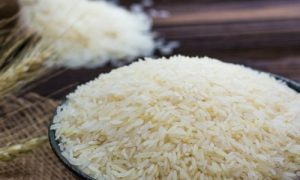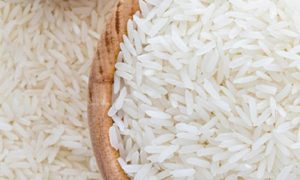‘Mutant’ rice strain developed

PhilRice and partners have developed 11NB10, a mutant rice strain with a superior root system that boosts nutrient uptake and drought tolerance. The trait improves yields in phosphorus‑deficient soils by allocating more carbohydrates to roots without hurting above‑ground growth. Researchers aim to integrate the responsible genes into future varieties, enhancing resilience and productivity under environmental stress.
A NEW mutant strain of rice, 11NB10 with enhanced root system, has been developed through a collaborative effort among the Philippine Rice Research Center (PhilRice) and Crop Biotechnology Center under the Department of Agriculture, Central Luzon State University, and Nagoya University in Japan.
“The 11NB10 mutant’s efficient root system and carbohydrate allocation represent a significant step in our understanding of rice resilience,” said Dr. Nonawin Agustin, project lead.
“By identifying genes responsible for this trait of 11NB10 and incorporating them into breeding activities, researchers can develop rice varieties with superior root architecture, leading to increased nutrient uptake, better drought tolerance, and overall crop resilience,” she added.
According to PhilRice, studies have shown that enhanced root systems can improve a plant’s resilience to environmental stresses, such as drought and nutrient deficiency. By developing root systems that are more efficient in extracting resources from the soil, plants can better withstand adverse conditions and still produce high yields.
Hence, 11NB10 has significant potential for improving rice yields, particularly in phosphorus-deficient soils. Additionally, it efficiently allocates carbohydrates, focusing on root development without compromising above-ground growth.
To Read more about Rice News continue reading Agriinsite.com
Source : The Manila Times
















